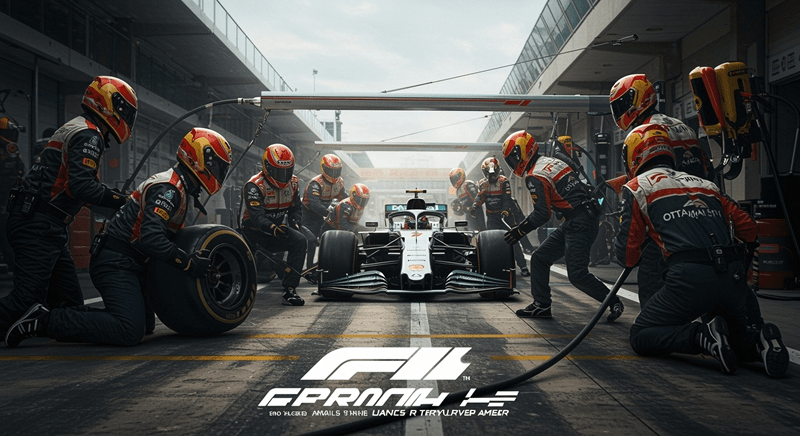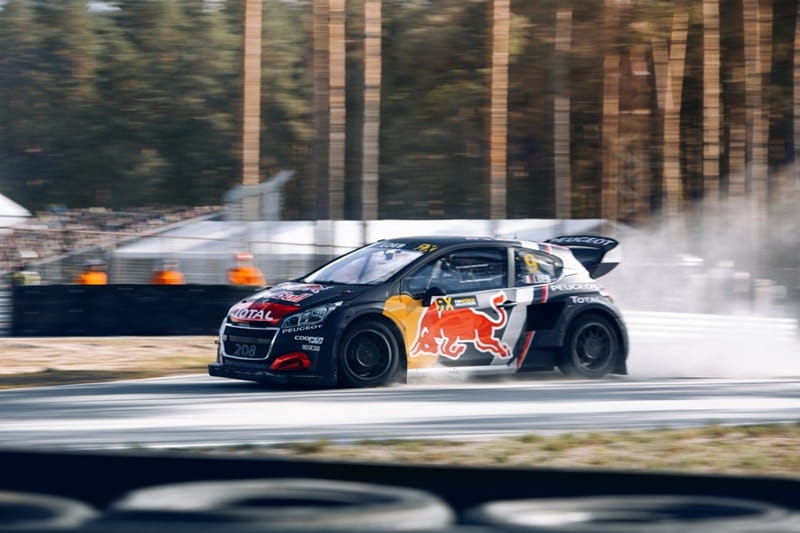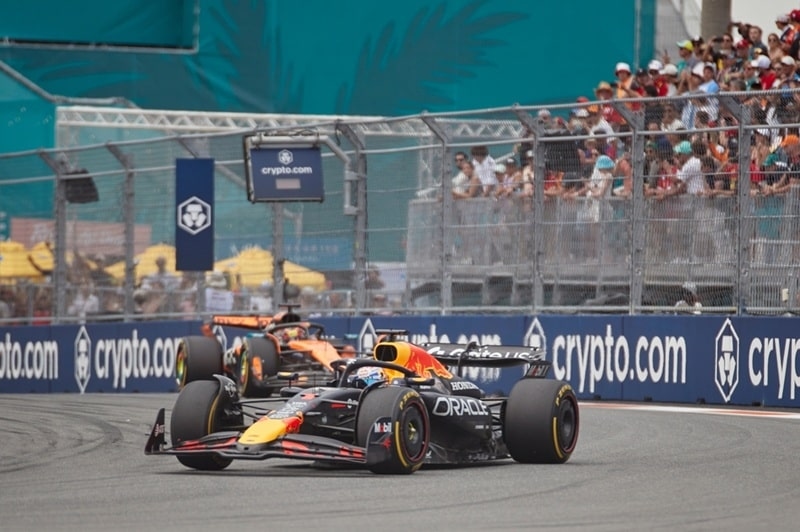The Psychology Of Speed: How F1 Drivers Mentally Gear Up

Every competitor gracing the 2020 Formula 1 grid, ranging from seasoned world champions to the underdogs, excels in their craft. Even in the most challenging scenarios, the disparity between teammates seldom exceeds a few tenths over a 90-second lap. Each one of them, without exception, has rightfully earned their place on the grandest stage of racing.
Dedication and Hard Work are the Keys
So, how did they achieve this feat and win turbulent grand prix races? Through unwavering dedication and hard work. No one is inherently born with the ability to drive a car, and there are no shortcuts to mastery. It demands countless hours spent maneuvering a speeding vehicle through twists and turns. This process allows the brain to gradually decipher the sensory input from all parts of the body as the car moves, swiftly converting this abundance of data into precise instructions for the limbs controlling the steering wheel, brakes, and throttle. Similar to mastering musical instruments or juggling, the key lies in molding the neural pathways in the brain until even the most challenging skills become second nature. Despite the initial difficulty, the years of persistent effort eventually cultivate an ability to perform intricate tasks seamlessly and at ever-increasing speeds.
Practice is One Part of the Job
Although accumulating hours of practice may make it seem like success is assured, the real challenge has only just begun. The crucial aspect is ensuring that, when on the grid with the world as a spectator, the actions don't require conscious thought avoiding the risk of vividly recalling the complexity of the skill at its inception. Having all the proficiency in the world amounts to little if you cannot access it precisely when it matters most: during the chaotic rush to the first corner, the pivotal in-lap, or the intense wheel-to-wheel duels in the final stretch.
Consistency is What Separates the Elite from the Rest

What distinguishes the elite is not merely the ability to execute a single remarkable lap; it's the consistency in doing so, navigating each corner, enduring race after race, season after season. This consistency doesn't solely hinge on physical prowess but rather on mental fortitude because the brain governs every aspect. Despite being human and prone to moments of madness or lapses in high-pressure situations, these young men are not machines. Their occasional struggles do not indicate a sudden loss of hard-earned skills but rather a momentary lapse in accessing them. This realization underscores why true greats prioritize the care of their minds as much as they do their bodies.
There are Some Challenges Which Come with Success
Consider the challenge faced by the most followed drivers with the world at their feet, an ever-expanding entourage, and a rapidly growing bank account. How many of us could genuinely manage all that and maintain 100% focus on the task at hand? This is precisely why drivers increasingly seek assistance in this realm. While mental coaching has long been prevalent in sports like golf and tennis, it has somewhat remained a taboo topic in the traditionally macho world of motorsport. However, the tide is gradually turning. If these stars are committed to optimizing their performance and readily turn to physical trainers for their bodies, seeking similar expertise for their minds is a logical progression.
Coaches are Helping Drivers with Mental Preparation

Only after retiring from racing did Hakkinen disclose the profound impact McLaren's longtime team doctor and performance coach, Aki Hintsa, had on his career. Hintsa, originally a trauma surgeon, recognized the importance of holistic well-being after observing elite Ethiopian distance runners, like Haile Gebrselassie. He subsequently assisted numerous F1 drivers, establishing a human performance center for both body and mind, which has continued its operation since his passing in 2016.
Double title winner Mika Hakkinen says, If someone wants to be better at sport, there has to be science behind their progress. Its like developing a racing car: it has to be calculated, with tests to analyse how to make it better. A human being is the same. Formula 1 has physical demands but it is a mind game. For every lap, you need maximum concentration. You need to focus 100%, so everything influencing your life must be in the right place and there can be nothing disturbing your mind. In F1, drivers are traveling non-stop; in different time zones, different nutrition. Its very demanding. Thats why you need a program to take care of yourself, recover quicker and cope with all the pressure.
If you have stress, dont keep it inside: whatever problem you have, find a solution. Trust is important, and having the right people who you can talk to is a crucial part of your success. I got to know Aki around 1997, after my own big crash. He was a great personality, a great doctor always curious about science and he really helped me become a better racing driver. He developed his knowledge to understand what drivers need to be at their peak in every test, every free practice, every qualifying, every race. One of the key points I learned was that if you know exactly what you are doing, you will win.
All Accomplishments Come From a Vision
All accomplished individuals, whether they be inventors or artists, begin as ambitious dreamers. The realm of sports is no different: ascending to the summit necessitates envisioning grand dreams to establish an initial vision. Subsequently, one must steadfastly pursue that dream, enduring years of hard work and adding intricate details along the journey. Michael Phelps, hailed as the world's greatest Olympian shared how he initiated his visualization practice during his teenage years, meticulously setting target split times in training and consistently achieving them. Yet, amidst his detailed training, he never wavered from his overarching 'big dream' of elevating swimming to unprecedented heights.
Conclusion
This narrative of mental preparation is a universal theme, applicable to all aspects of life. The process of visualization serves as a blend of preparation and taking command of the future, molding it according to our desires. Once we firmly embed a message in our subconscious minds, it seems to activate an internal guidance system that directs us toward the realization of our ideal vision. Formula One drivers also use these mental techniques to take part in some of the biggest world events.
This content was created by AI




